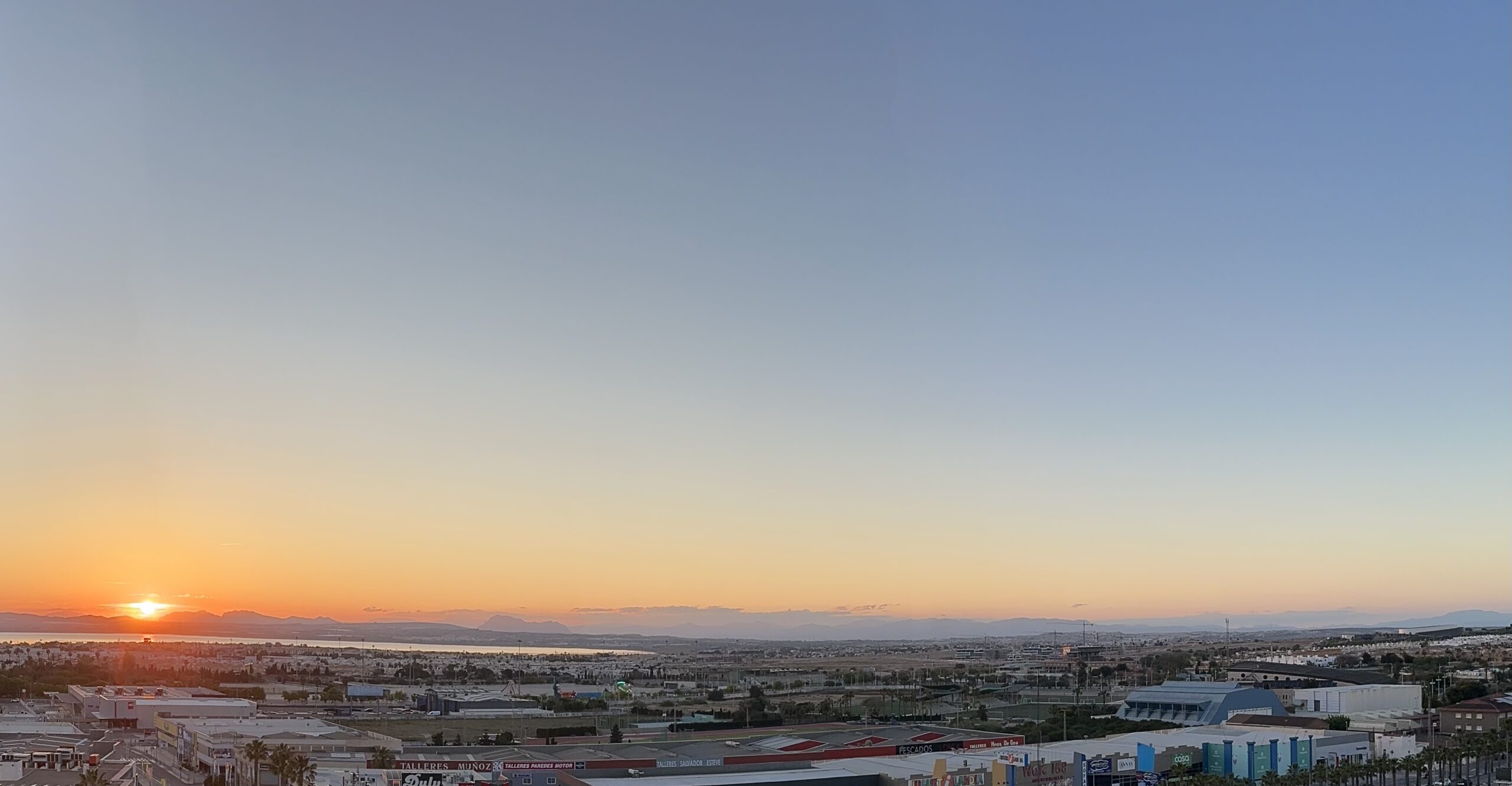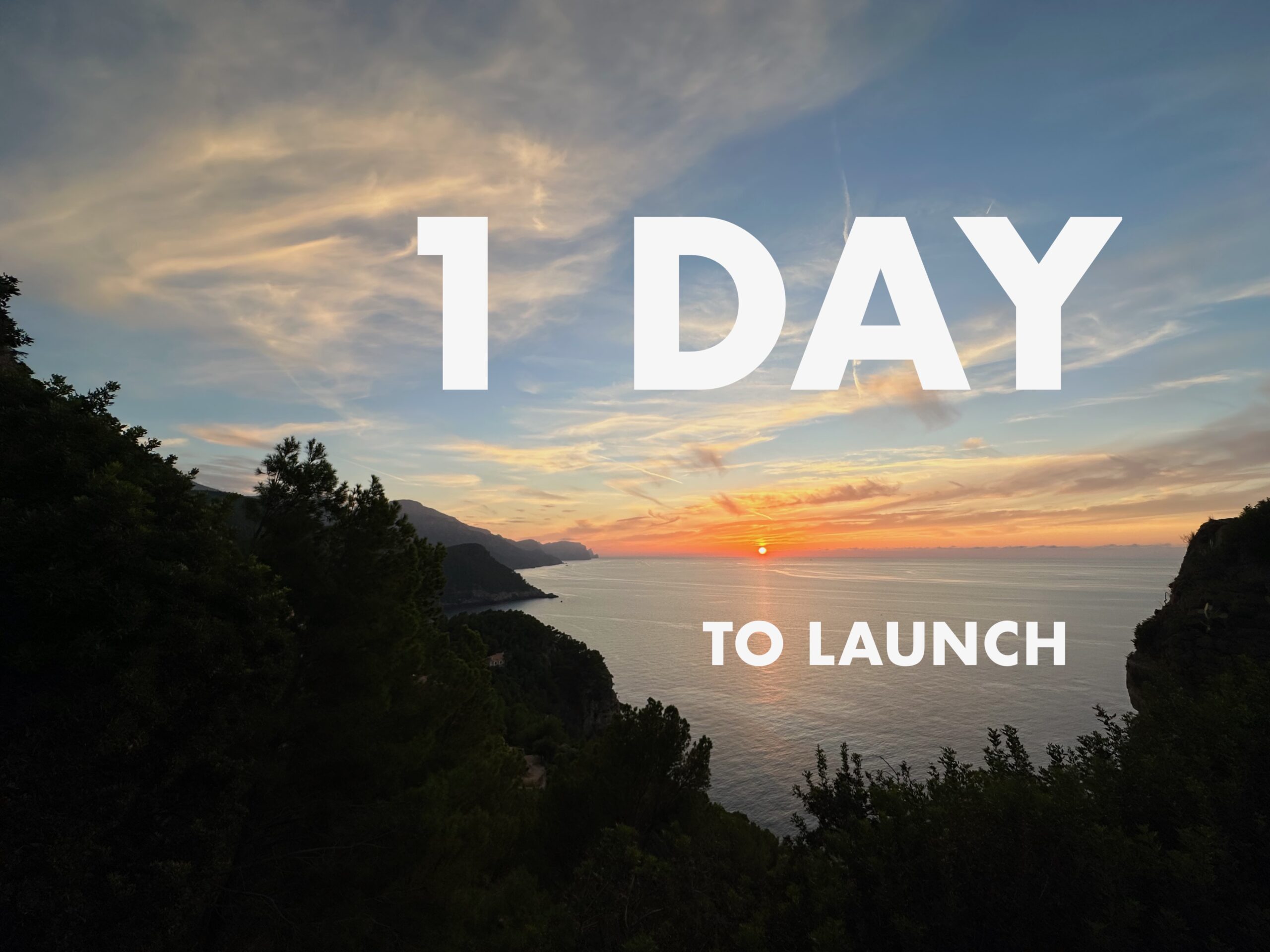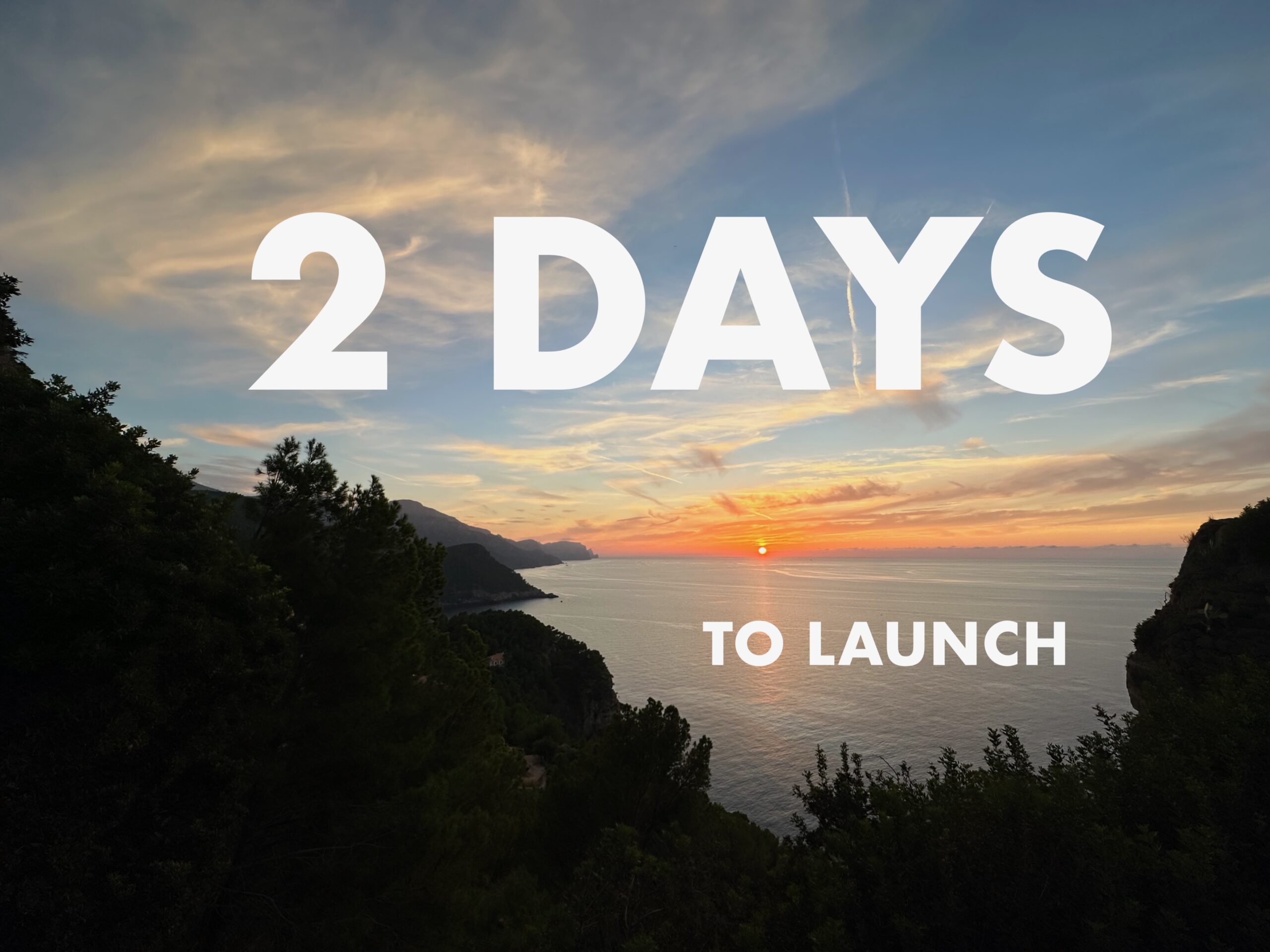Humanity has never stood still. Time and again, we’ve reimagined the rules—not just of technology or politics, but of reality itself. These moments, known as paradigm shifts, don’t just change how we live; they change how we think. From our place in the cosmos to how we exchange value, these shifts redefine the human story. As we face mounting global challenges today, it’s worth asking: are we approaching another major leap? And if so, are we truly ready?
What is a paradigm shift?
The term “paradigm shift” was popularized by philosopher Thomas Kuhn to describe sudden and radical changes in scientific thought. But its implications reach far beyond laboratories and theories. A paradigm shift marks a fundamental transformation in worldview—a reordering of what we consider real, possible, and desirable. It challenges the old and births the new, often through tension and upheaval. Here are some of the paradigm shifts of history:
The Agricultural Revolution: The Birth of Civilization
Roughly 12,000 years ago, humans transitioned from a nomadic, hunter-gatherer existence to a life based on farming and settlement. This shift was not just about food; it marked the beginning of surplus, private property, hierarchy, and eventually cities and empires. Humans began to control nature rather than live within it. It was a redefinition of our relationship to land, time, and one another—and it laid the foundation for everything that followed.
The Invention of Money: From Trust to Transaction
With the rise of trade came the need for something more abstract than barter. Money emerged as a stand-in for trust—a standardized unit of value that enabled exchange at scale. But this shift didn’t just change commerce. It transformed relationships. Communities that once operated on mutual aid and gifting began to operate on contracts and currencies. Money brought efficiency, yes, but also separation. It taught us to quantify life, to compete, to accumulate. In doing so, it rewrote our mental software.
The Copernican Revolution: Decentering Humanity
When Nicolaus Copernicus proposed that the Earth revolved around the Sun, it shattered the illusion that we were the center of the universe. This shift had cosmic and spiritual implications. It questioned religious authority, humbled human ego, and sparked the Scientific Revolution. Suddenly, we were just one planet among many. Our place in the cosmos became less privileged—and more mysterious.
The Enlightenment: The Power of Reason
The Enlightenment broke the chains of dogma and introduced a new paradigm: that reason, science, and individual liberty could guide human progress. It questioned monarchy, church, and superstition, birthing revolutions and republics. It laid the groundwork for modern democracy, human rights, and secular thinking. It also reinforced the notion that knowledge, not lineage, defines authority.
The Industrial Revolution: Machines and Modernity
When steam engines began to hum and factories rose across Europe, humanity entered a new era. The Industrial Revolution turned labor into commodity, nature into resource, and time into currency. People moved from farms to cities, from crafts to production lines. The clock replaced the sun as the measure of life. It brought prosperity for some—but also pollution, exploitation, and alienation. It was a leap forward, but not without a cost.
The Digital Age: Connected and Fragmented
The last 50 years have seen another radical shift: the digitization of everything. The internet blurred borders, democratized information, and reshaped communication. We can access more knowledge in a second than entire empires once could in a century. But this connectivity also brought fragmentation, surveillance, and digital overload. We are more linked—but not necessarily more united.
What Do These Shifts Have in Common?
Each shift disrupted a dominant story. Each began at the fringes—among farmers, philosophers, scientists, or inventors. Each was resisted, often violently, before being accepted as obvious. And each redefined what it meant to be human in its era.
What Are the Signs of the Next Shift?
Today, we see breakdowns across multiple systems: ecological collapse, economic inequality, rising mental health issues, and disillusionment with politics and media. But alongside these fractures, something new is stirring. Concepts like degrowth, universal basic income, gift economies, are gaining traction. AI is challenging our assumptions about intelligence, and spiritual practices are shifting from dogma to direct experience.
What Might the Next Paradigm Be?
Perhaps it’s a shift from ownership to access, from extraction to regeneration, from fear to GROJ: Gratitude, Love, Joy. As described in Waking Up. It might mean valuing meaning over money, community over consumption, purpose over productivity. It could be the return of the sacred—not in religious terms, but in how we treat life, one another, and the Earth.
But more than anything, the next paradigm may be one of choice and preference—a world where people act from inner clarity rather than outer pressure. Work becomes contribution, not obligation. Learning becomes play, not preparation. We begin to choose based on what resonates with our deepest values and joys. This shift is made possible by a new understanding of our oneness—not just with each other, but with the Earth, the cosmos, and the very fabric of life itself.
Are We Ready?
No one is ever fully ready for a paradigm shift. They’re messy, uncomfortable, and often come disguised as crisis. But readiness doesn’t mean having answers—it means having openness. The willingness to imagine a better story. The courage to question what we’ve taken for granted.
Who Will Go First?
The next great leap won’t just be technological. It will be human. It will emerge not from institutions, but from individuals who dare to think and live differently. Paradigm shifts begin when enough people refuse to pretend the old world still works. So the question isn’t just “Are we ready?” The real question is: Who will go first?
Call to Action
If this resonates with you—if you feel the quiet stirrings of a new story inside—then start living it. Share these ideas. Join conversations that matter and be part of the shift. Because change doesn’t begin with everyone. It begins with someone. Maybe that someone is you. Build something beautiful, even if small. And if you want a vivid, inspiring vision of what this next paradigm might look like, read my book Waking Up. It’s a novel that brings these ideas to life—and it’s available now.














